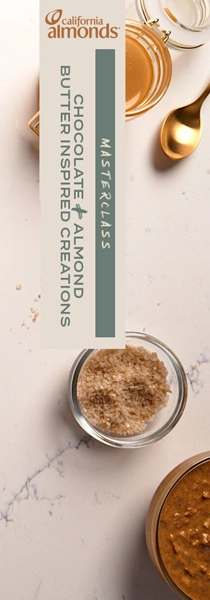
- Industry news
Industry news
- Category news
Category news
- Reports
- Key trends
- Multimedia
- Journal
- Events
- Suppliers
- Home
- Industry news
Industry news
- Category news
Category news
- Reports
- Key trends
- Multimedia
- Events
- Suppliers
Boris Johnson urges G7 leaders to end Putin's stranglehold on food prices

27 Jun 2022 --- The UK prime minister is calling on national leaders at the G7 summit today to open pathways for releasing essential food supplies out of Ukraine, as Putin's blockade is not just accelerating international food prices but depriving Ukrainians of income and risking starvation.
“Putin’s actions in Ukraine are creating terrible aftershocks across the world, driving up energy and food prices as millions of people are on the brink of famine,” stresses Johnson.
“Only Putin can end this needless and futile war. But global leaders need to come together and apply their combined economic and political heft to help Ukraine and make life easier for households worldwide. Nothing should be off the table.”

Reportedly, Russian leaders are not just isolating Ukraine’s grain export but are also stealing and smuggling the grains over the border. To verify this, the UK Government has committed £1.5 million (US$1.8 million) to develop a testing process to identify whether the grain sold by Russia had been stolen from Ukraine.
The UK Government’s strategy to tackle the issue of stolen grain is to deter Russian activities in Ukrainian exports – thereby ensuring its revenue. Based on this, Johnson is asking G7 countries to join such efforts. The UK Government’s strategy to tackle the issue of stolen grain is to deter Russian activities in Ukrainian exports.
The UK Government’s strategy to tackle the issue of stolen grain is to deter Russian activities in Ukrainian exports.
Furthermore, at the G7 Summit, Japan’s prime minister Fumio Kishida committed to financially aiding developing nations struggling with food insecurity due to the war.
“The breadbasket of Europe”
The Russian invasion and blockade of Ukrainian ports such as Odessa negatively impacted farms, warehouses and other infrastructures. This has been preventing Ukrainian food from reaching global markets, leaving “47 million people around the world on the brink of humanitarian disaster.”
Ukraine has been called the breadbasket of Europe as it supplies 10% of the world’s wheat, 12 to 17% of the world’s maize and half of the world’s sunflower oil.
Additionally, 25 million tons of corn and wheat are at risk of rot in Ukrainian silos, which is expected to worsen with July’s harvest. According to the Government, this amount is equivalent to the annual consumption of all the least developed countries.
The UK also plans to work with partners to repair Ukraine’s railways to ensure food and supplies can be transported. Additionally, the UK is helping create a safe passage for commercial vessels to support Ukrainian efforts and develop routes out of the country.
Far-reaching global consequences
Russian forces are not only preventing grains from leaving Ukraine via the Black Sea but are also disrupting rail exports. This is an issue as 96% of Ukraine’s grain has historically been exported via the route.
Ukrainian and Russian territories bordering the Black Sea are currently some of the world’s premier production sites for many essential grains – in particular wheat, barley, corn and oil crops like sunflower and rapeseed.  Twenty five million tons of corn and wheat are at risk of rot in Ukrainian silos, which is expected to worsen with July’s harvest.
Twenty five million tons of corn and wheat are at risk of rot in Ukrainian silos, which is expected to worsen with July’s harvest.
The Government says it is working with Ukraine, the UN and other international partners to find ways out of the Russian blockade. It is also contributing £10 million (US$12 million) in materials for equipment to repair Ukraine’s railways and infrastructure.
Earlier this month, a delegation of MEPs also visited the Ukraine-Poland border to assess the grain situation.
Russia’s actions have been causing price spikes in the UK, even though the country is not directly dependent on Ukrainian grain export.
International wheat prices, averaging only 11% below the record high reached in March 2008, rose in response to an export ban announced by India and concerns over crop conditions in leading exporting countries as well as reduced production prospects in Ukraine due to the war.
Moreover, Johnson is asking G7 leaders to note their demands on land and biofuel use. This is because grain for biofuel leads to reduced availability and high prices for grain used for human consumption.
On the other hand, G7 leaders including Johnson and US President Joe Biden, have decided to fund an investment to counter China’s Belt and Road plan, criticized for leading poor nations to debts.
By Venya Patel











